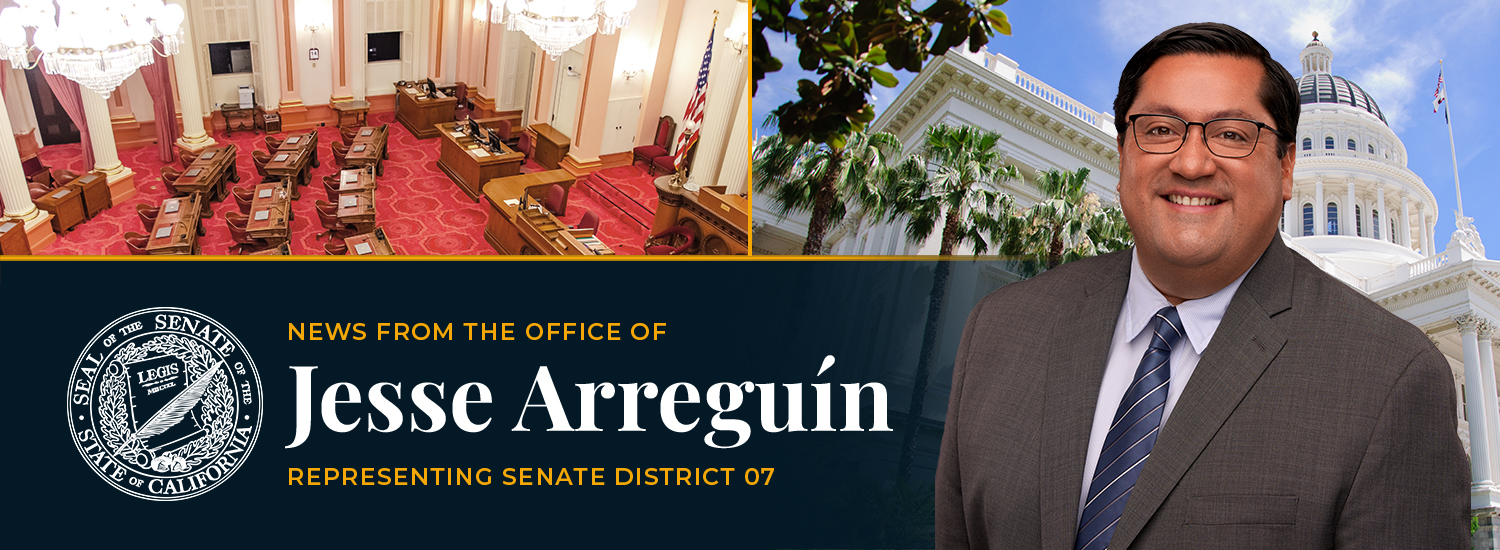
FBI Asks ICE Agents to Identify Themselves Following String of Crimes by Impersonators
OAKLAND — Today, following a recently surfaced FBI bulletin warning that criminals are posing as agents of the U.S. Immigration and Customs Enforcement (ICE), and urging actual ICE agents to clearly identify themselves, State Senator Jesse Arreguín reaffirmed the critical importance of the “No Secret Police Act” (SB 627). Senator Arreguín pointed to the crimes as indication that ICE should immediately begin compliance with SB 627 instead of waiting until next year.
“This alert from the FBI is a loud and unmistakable signal that our work is not just timely, it's critical for public safety,” said Senator Jesse Arreguín (D-Oakland). “When armed operatives walk into our communities obscuring their face, and without a badge or a name, the public’s trust is broken and the risk to everyone increases. That risk is significantly heightened when there are known impersonators exploiting ICE's propensity to withhold their identity. Public safety demands that ICE immediately comply with SB 627 rather than wait until next year.”
SB 627, which goes into effect January 1, 2026, will require most law enforcement to show visible ID, wear name or badge numbers, and prohibit face coverings except in narrowly defined situations.
In a bulletin on impersonation threats, the FBI noted that masked criminals masquerading as ICE agents have carried out robberies, kidnappings and assaults — and that the line between real officers and imposters has been dangerously blurred. The guidance urges agents to clearly identify themselves and to cooperate with verification requests.
Arreguín added, “SB 627 is precisely the kind of legislation that addresses this moment: requiring transparency, accountability and identifiable law-enforcement personnel. The fact that the FBI is effectively telling ICE to identify themselves proves that we can no longer postpone this reform.”
Key features of SB 627:
- Prohibits an officer of any local, state or federal law-enforcement agency from covering their face during operations unless narrowly exempted (SWAT, medical masks, wildfire smoke gear).
- Mandates visible identifiers such as name or badge number on the uniform.
- Applies to any person acting on behalf of a law-enforcement agency, closing a gap that allows impersonators to exploit anonymity.
- Designed to rebuild trust in public-safety institutions and protect communities from mis-identification, abuse or impersonation.